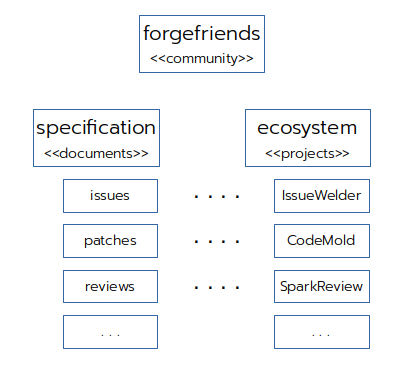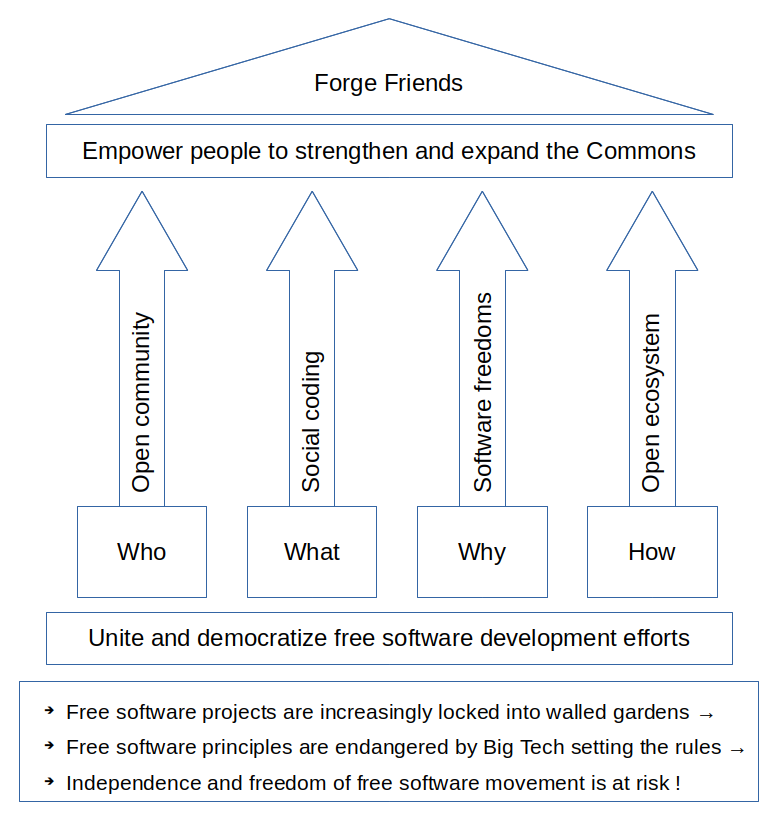I think right now the biggest question is on positioning of the project. Not just on the short term, but strategic long-term as well.
You came into the project with a certain vision on creating a number of proxy implementations, merging them into forge codebases, and then having less need for FedeProxy project to be around. But what the past months have shown is that there are countless possibilities and attractive opportunities that align to a much broader vision.
Those parts may not be initiated and carried out by you and @pilou, but anyone might jump into the community and start work on sidetracks and parallel projects that are under ‘community umbrella’. Instead of say “No, that is not what we are about” these initiatives should be highly encouraged imho as part of community focus, advocacy, and provide incentives to become contributor to the whole. Someone building upon what you do now will be a user, tester, bug fixer, techwriter, advocate, etc. There’ll be synergy.
If all that happens then you need to have separation. Can’t be all in a single ‘ball of mud’ codebase / repo with everything mixing up. Things will have different scopes, use cases, applicability. So then having “Projects” under Forgefriends custodianship, and a comprehensive website from where to drill down into all activity, makes a lot of sense.
Hence FedeProxy might be a building-block, a project on the Roadmap of Forgefriends, towards an attractive vision. You might make the vision “Unified software development” or along these lines. Visions need to seem somewhat unattainable / utopian, yet motivating, and to an extent do-able with lotsa collective effort.






